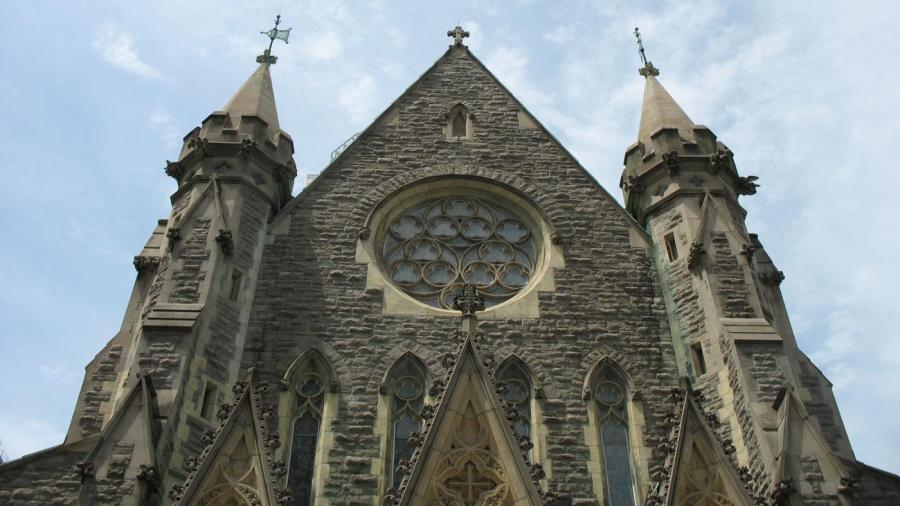What Was the Quebec Act of 1774?

The Quebec Act of 1774 was British Parliamentary legislation that enabled the continuance of the French Civil Code, granted Roman Catholics citizenship, allowed the Catholic Church free practice and collection of tithes, and expanded Quebec’s territory to include much of what was then claimed by colonial America. Its intention was to retain the loyalty of the large French population in the province of Quebec, or Canada.
In the 1763 Treaty of Paris after the Seven Years War, France ceded the territories of New France, or Quebec, to the British. French people who chose to remain in Quebec became British subjects. To prevent the Canadians from participating in the growing unrest to the south that eventually erupted into the American Revolutionary War, the British granted their French subjects this piece of compromise legislation.
The Quebec Act infuriated the American colonists, as it deprived them of territories promised to them. It became one of the “intolerable acts” that precipitated the American Revolution. The colonists alluded to it and denounced it in their Declaration of Independence. The Treaty of Paris of 1783, which ended the American Revolution, returned the territory to the freed American colonies. The Quebec Act did not achieve its objective in Canada, as the French populace did not support British rule but rather remained neutral.





